10 GPTs for Music Recommendation Powered by AI for Free of 2025
AI GPTs for Music Recommendation are advanced tools designed to harness the power of Generative Pre-trained Transformers (GPTs) in the field of music discovery and curation. These AI models leverage vast datasets to understand and predict user preferences, offering personalized music suggestions. They adapt and evolve to cater to individual tastes, incorporating user feedback and current trends to refine their recommendations. GPTs play a crucial role in bridging the gap between users and the vast ocean of music available, making them indispensable in the digital age for music enthusiasts and professionals alike.
Top 10 GPTs for Music Recommendation are: ConnectSpotify,WeatherTunes Assistant KR,Vinyl Vectors,MoodTune Matcher,Find My Song,Underground Music Scout,All I Want To Do Is Sing My Song meaning?,青青大师3号,Playlist Remixer,💃✨ Virtual Dance Coach Pro 🕺🎶
ConnectSpotify
Your AI-powered Spotify Assistant

WeatherTunes Assistant KR
Harmonize your mood with weather and K-Music
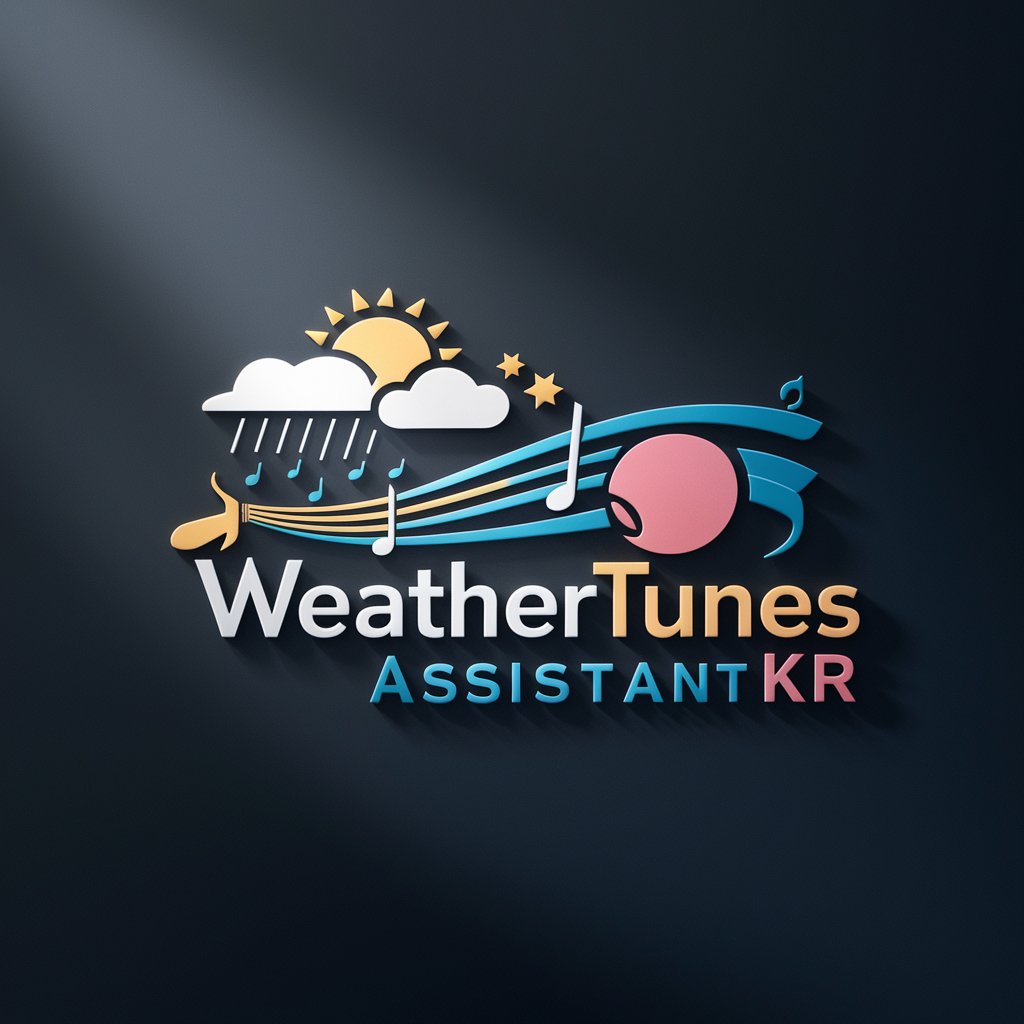
Vinyl Vectors
Discover the stories behind your vinyl collection.

MoodTune Matcher
AI-powered music mood matching.

Find My Song
Discover music that matches your mood, powered by AI.
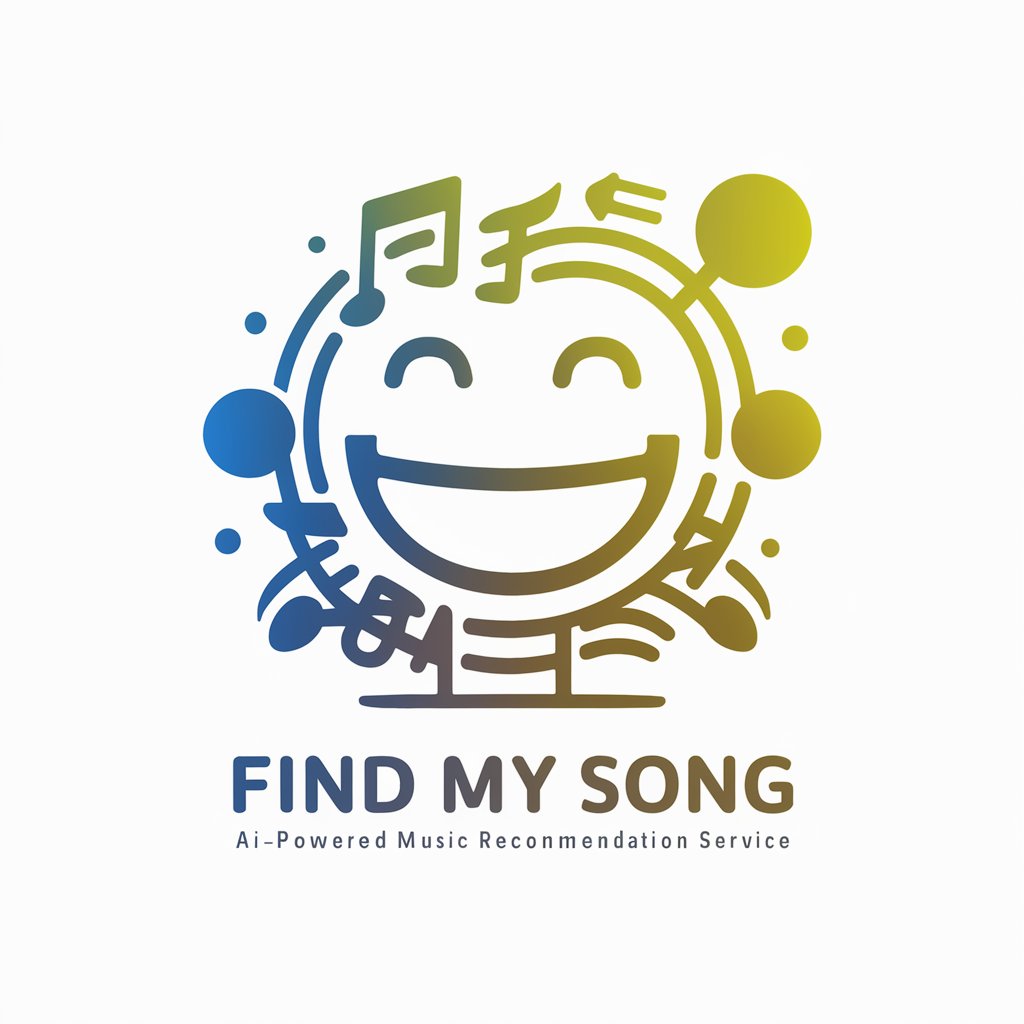
Underground Music Scout
Discovering the Depths of Underground Music

All I Want To Do Is Sing My Song meaning?
Unravel musical meanings with AI.
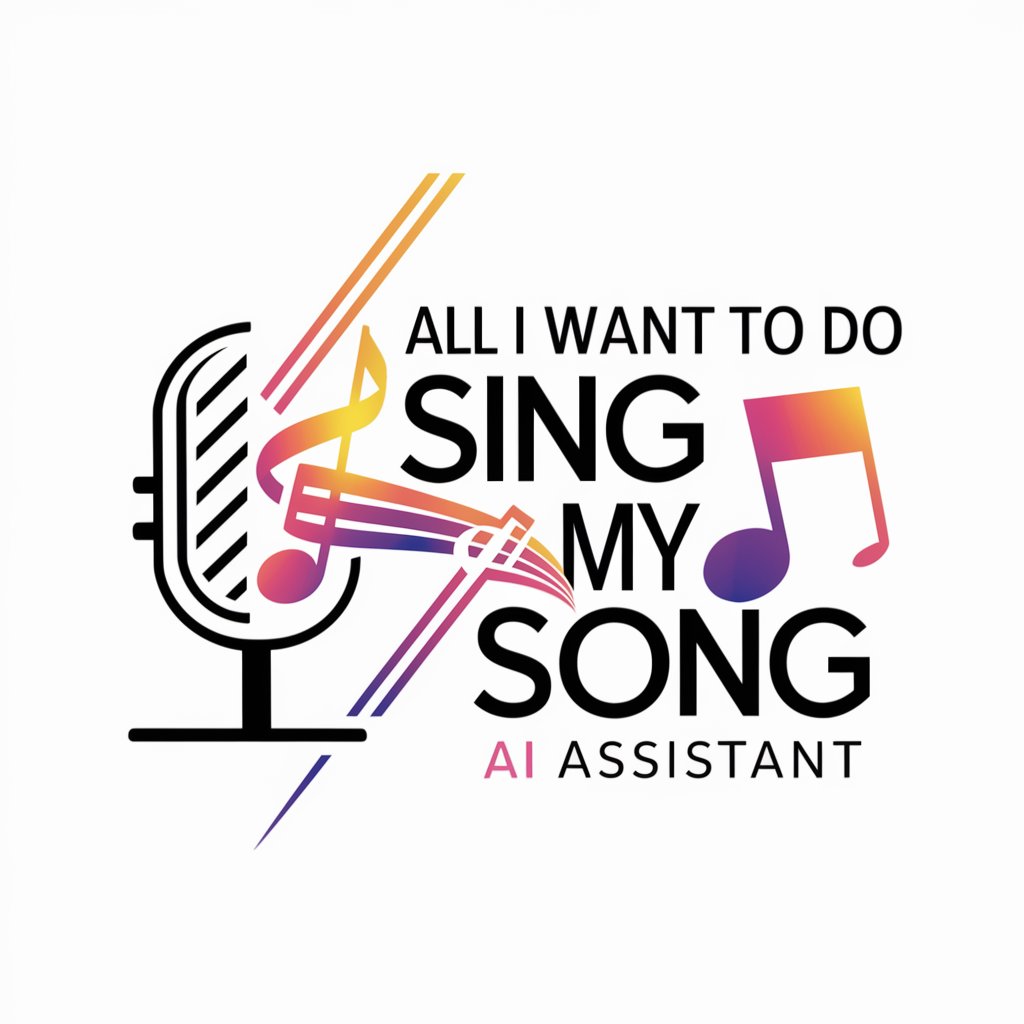
青青大师3号
Envisioning Stories through Chinese Art
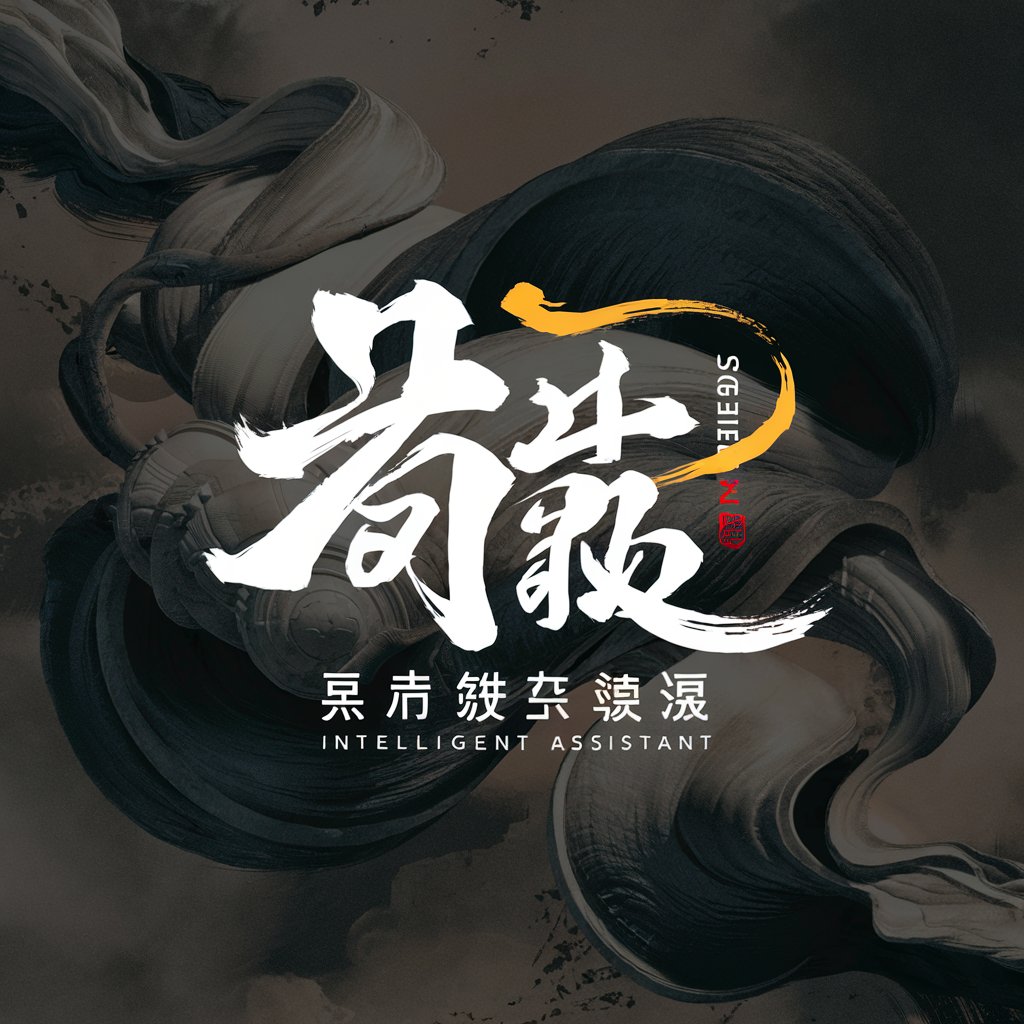
Playlist Remixer
Revolutionizing playlists with AI-powered genre transformation.
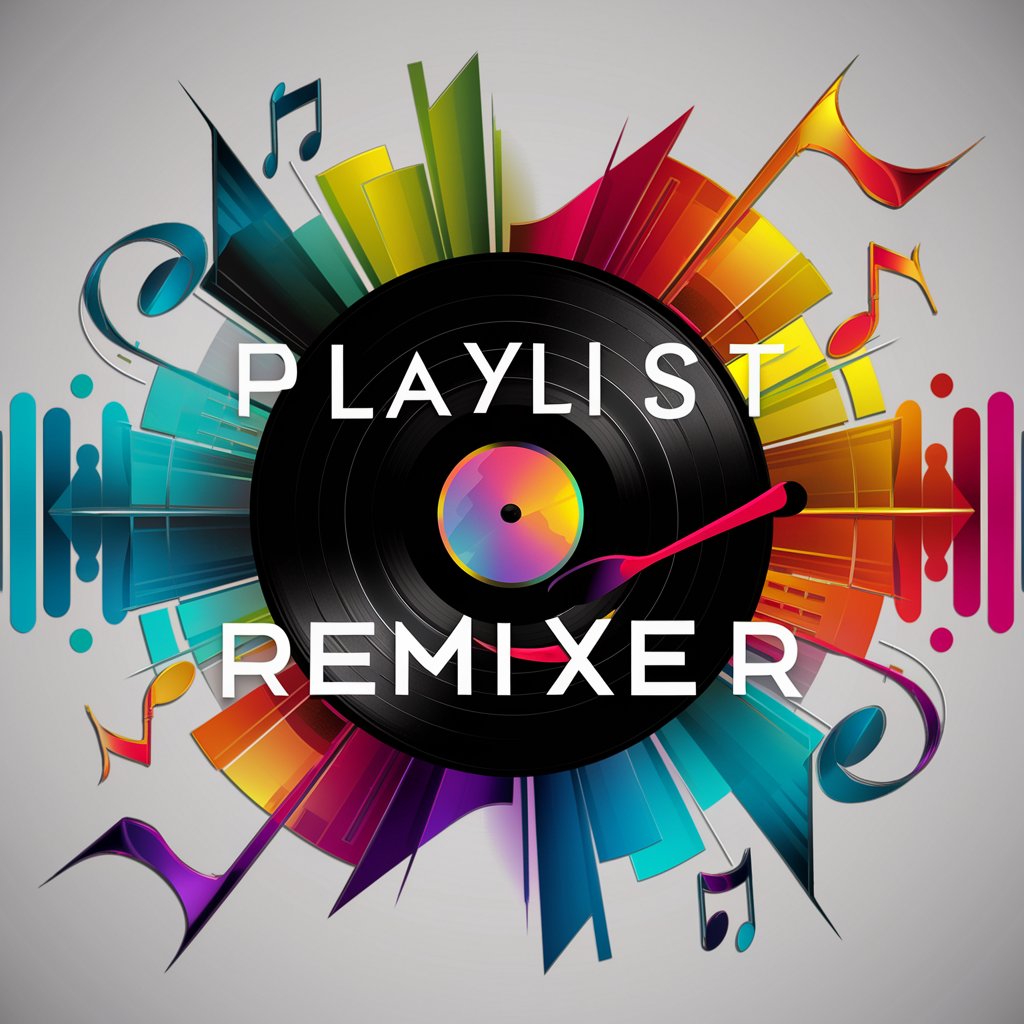
💃✨ Virtual Dance Coach Pro 🕺🎶
Dance smarter, not harder, with AI

Essential Attributes of Music Recommender GPTs
AI GPTs for Music Recommendation boast several core features that set them apart. These include advanced natural language processing capabilities to interpret user queries and feedback accurately, learning algorithms that adapt to user preferences over time, and the ability to analyze music metadata and audio features. They can curate personalized playlists, suggest new releases aligned with user tastes, and even identify songs based on vague descriptions or hummed tunes. Their adaptability extends from serving casual listeners to providing industry professionals with data-driven insights into music trends.
Who Benefits from Music Recommender GPTs?
The primary beneficiaries of AI GPTs for Music Recommendation include music enthusiasts looking for personalized playlists, artists and producers seeking exposure for their music, and industry professionals analyzing trends. These tools are accessible to users without technical expertise, thanks to intuitive interfaces, while offering advanced customization options for developers and tech-savvy individuals. They cater to a broad spectrum of users, from those simply exploring new music to professionals in need of sophisticated analytics.
Try Our other AI GPTs tools for Free
Collection Analysis
Discover how AI GPTs transform Collection Analysis with advanced AI, making data organization and insight generation accessible and efficient for all.
Genre Classification
Discover how AI GPTs for Genre Classification revolutionize content organization and discovery with advanced, adaptable tools tailored for accurate genre identification.
Promotional Strategy
Discover how AI GPTs revolutionize Promotional Strategy with advanced content generation, market analysis, and personalized marketing recommendations. Tailor your campaigns for maximum impact.
Faction Insights
Discover how AI GPTs for Faction Insights revolutionize the understanding of group dynamics, offering tailored analysis and strategic insights for diverse applications.
Rule Guidance
Explore AI GPTs for Rule Guidance: cutting-edge tools designed to simplify navigating and applying complex rules and regulations across various domains.
Match Outcomes
Discover how AI GPTs for Match Outcomes transform prediction and analysis with advanced AI, offering precise, data-driven insights for sports, betting, and competitive games.
Broadening Horizons with Music Recommender GPTs
AI GPTs for Music Recommendation not only personalize the music listening experience but also offer innovative solutions for the music industry. They facilitate discovery, promote musical diversity, and enable data-driven decisions for artists and producers. Their integration into existing platforms can enhance user engagement and retention, showcasing the transformative potential of AI in music recommendation.
Frequently Asked Questions
What are AI GPTs for Music Recommendation?
AI GPTs for Music Recommendation are AI-powered tools that use machine learning to provide personalized music suggestions based on user preferences and interactions.
How do these tools personalize music recommendations?
These tools analyze your listening history, preferences, and feedback, using this data to curate music recommendations and playlists tailored to your taste.
Can I use these tools without any coding skills?
Yes, these tools are designed with user-friendly interfaces that require no coding skills, allowing anyone to enjoy personalized music recommendations.
Are these tools adaptable for professional use?
Absolutely, they offer advanced analytics and customization options that can be leveraged by professionals for deeper insights into music trends and user preferences.
How do these AI models learn from my music taste?
The AI models learn through algorithms that analyze your interactions, such as the songs you play, skip, and the feedback you provide, to refine future recommendations.
Can these tools recommend music from any genre?
Yes, they are capable of recommending music across a wide range of genres, adapting to the diverse tastes of users.
Do these GPTs support language learning for music lyrics?
While their primary function is music recommendation, some tools may offer features to analyze and understand lyrics, which can aid in language learning indirectly.
How can developers customize these GPTs for specific projects?
Developers can access APIs and SDKs provided by these tools to customize and integrate music recommendation features into their own projects or applications.